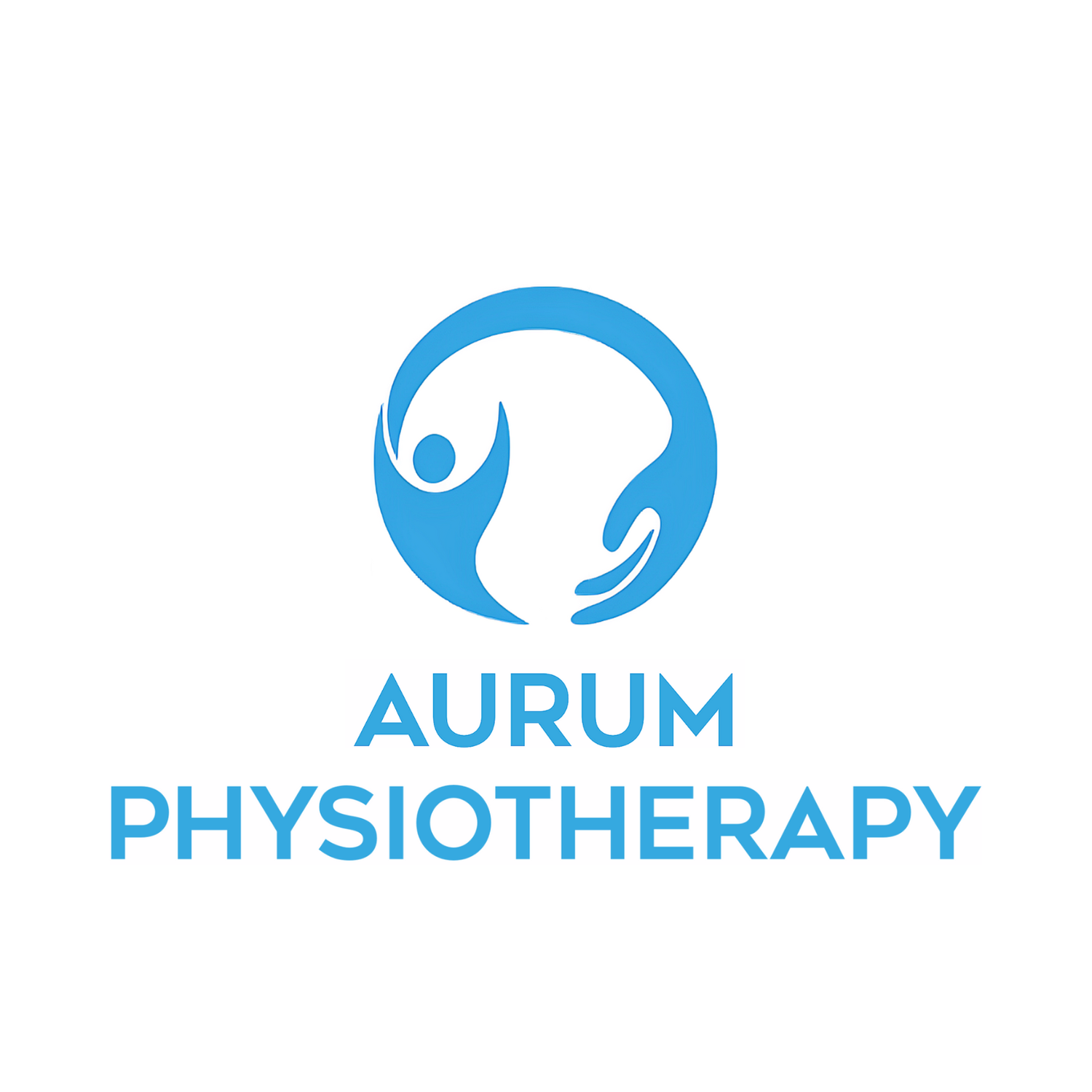Supplement education
Supplements are products that contain essential nutrients, such as vitamins, minerals, herbs, or other substances, intended to supplement an individual's diet and provide additional health benefits. While physiotherapists primarily focus on physical rehabilitation, they can play a role in educating individuals about supplements and how they can potentially improve quality of life and aid in the recovery process.
Physiotherapists may have knowledge about supplements and their potential benefits for the following reasons:
Understanding Nutritional Requirements: Physiotherapists often have a solid understanding of the body's nutritional requirements, including the role of vitamins, minerals, and other nutrients in supporting overall health and aiding in the healing process. This knowledge allows them to provide general guidance on dietary requirements and the potential role of supplements in meeting those needs.
Managing Specific Conditions: Certain medical conditions or injuries may require specific nutritional support to enhance healing and recovery. Physiotherapists can educate individuals about supplements that have been shown to be beneficial in specific cases, such as omega-3 fatty acids for reducing inflammation, glucosamine and chondroitin for joint health, or vitamin D for bone health. They can provide information on evidence-based supplements that may complement the treatment and rehabilitation process.
Collaborating with Healthcare Professionals: Physiotherapists often collaborate with other healthcare professionals, such as registered dietitians or nutritionists, who have specialized knowledge in the field of nutrition. In cases where detailed nutritional guidance is required, physiotherapists can refer individuals to these professionals for a comprehensive assessment and personalized supplement recommendations.
Adhering to Ethical Guidelines: Physiotherapists are bound by ethical guidelines that outline their scope of practice and the limits of their expertise. While they can provide general education and guidance on supplements, they are typically cautious about making specific recommendations that fall outside their professional boundaries. They prioritize referring individuals to appropriate experts for personalized advice when necessary.
It's important to note that the use of supplements should be approached with caution, as they can interact with medications, have potential side effects, and vary in quality and efficacy. Physiotherapists can educate individuals about the importance of consulting with a healthcare professional, such as a physician or registered dietitian, before starting any new supplement regimen. This ensures that individuals receive personalized advice based on their specific health needs and circumstances.
While physiotherapists may have knowledge about supplements, their primary focus remains on physical rehabilitation, functional improvement, and overall well-being. They can provide general education on supplements and their potential benefits, but it's essential for individuals to seek guidance from qualified healthcare professionals with specialized expertise in nutrition for personalized advice and recommendations.
If you want to upskill your supplement knowledge, book here or contact us on 0402 832 329.
